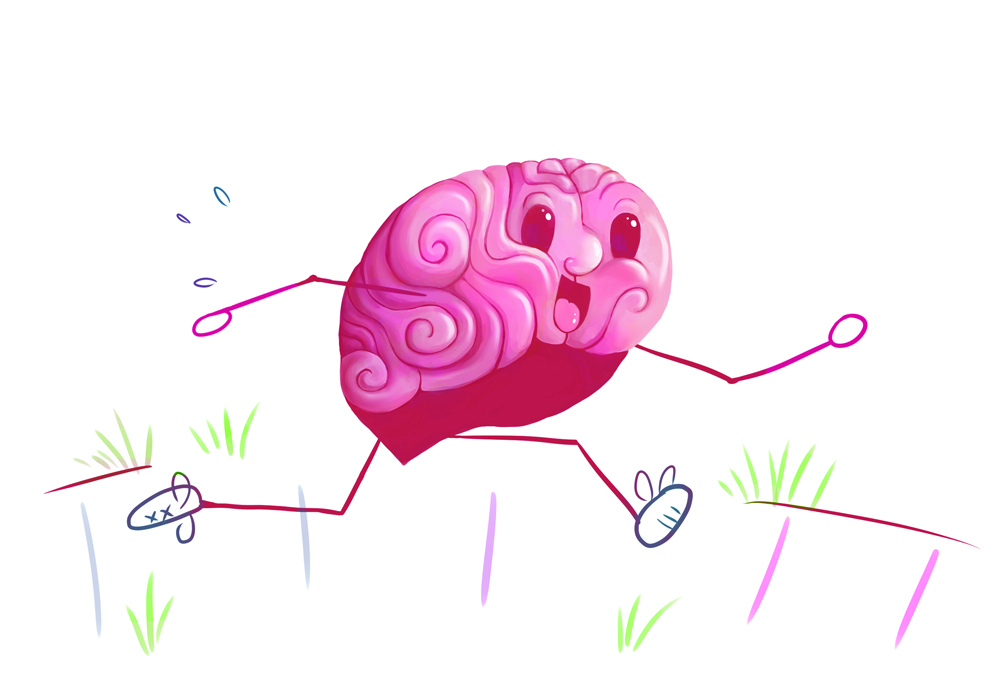One month into the new year and students have already found midterm season creeping up on them yet again. Some of them know exactly what this means: back to back all-nighters, skipping classes to catch up on other classes, and trying to figure out which readings will actually make a difference. For other students, this is all a new experience.
In either case, students tend to start neglecting their health because of the added stress. Sleeping patterns become irregular, unhealthy eating goes up, and physical activity goes down, all so that more time can be spent on studying. Although this short-term sacrifice may seem effective and reasonable, it’s important to understand the correlation between physical health and mental health, and that the state of one’s physical health will affect their ability to excel.
Mental health plays an important role in every aspect of one’s life, including one’s psychological, emotional, social, and mental well-being. It affects how people think, feel, behave, make choices, and handle stress. Poor mental health can seriously affect a student’s ability to excel in their courses, making it difficult for them to focus, and therefore make their efforts to study even more stressful.
York offers a number of resources, particularly counselling services, to help students take care of their mental health. There are also a number of clubs on campus that try to reduce stigmatization of mental health and educate the York community on the subject. Active Minds is one of the major clubs that is currently working towards. But even these resources, as helpful as they are, generally don’t approach mental health issues from the physical-health angle.
Numerous studies have shown that regular physical activity and healthy sleeping and eating patterns can help combat and ease mental health problems. As little as 30 minutes of exercise and seven hours of sleep a day can help the state of one’s mental health. York students have access to many free resources that can help them stay physically active even during their midterms. These include a number of classes that are held at Tait McKenzie for students such as Zumba and kickboxing as well as the gym’s fitness centre and competitions in intramural sports.
There is evidence to suggest that regular exercise reduces anxiety, acts as an antidepressant, and improves one’s mood and self-esteem. More significantly for students, physical activity is known to significantly improve cognitive functioning. And, of course, exercise is a win-win situation that benefits both the person’s physical health and mental health at the same time.
So do both your body and your mind a favour and stay fit.
Arfi Hagi Yusuf, Contributor
Featured illustration by Ashley Dadoun


